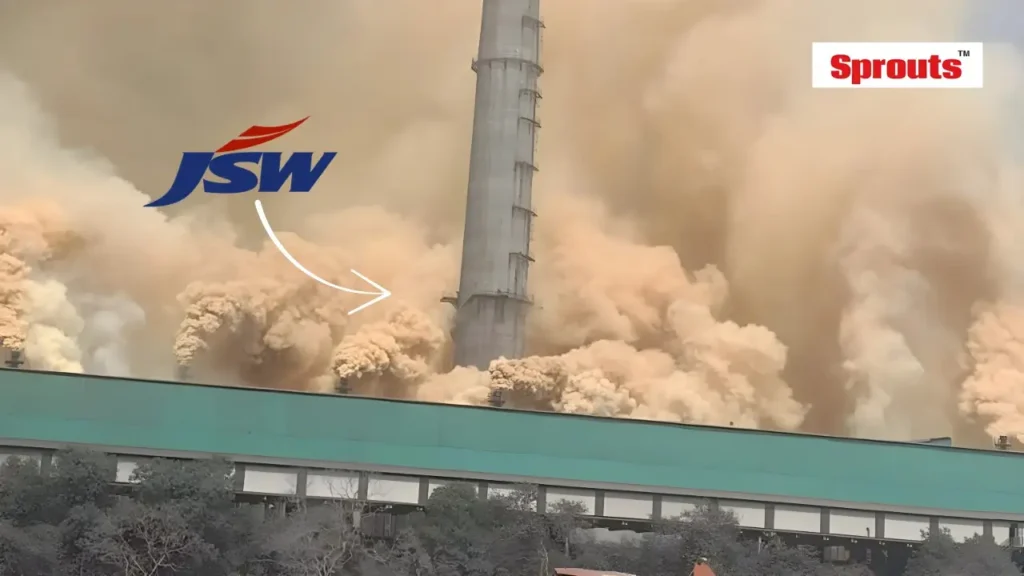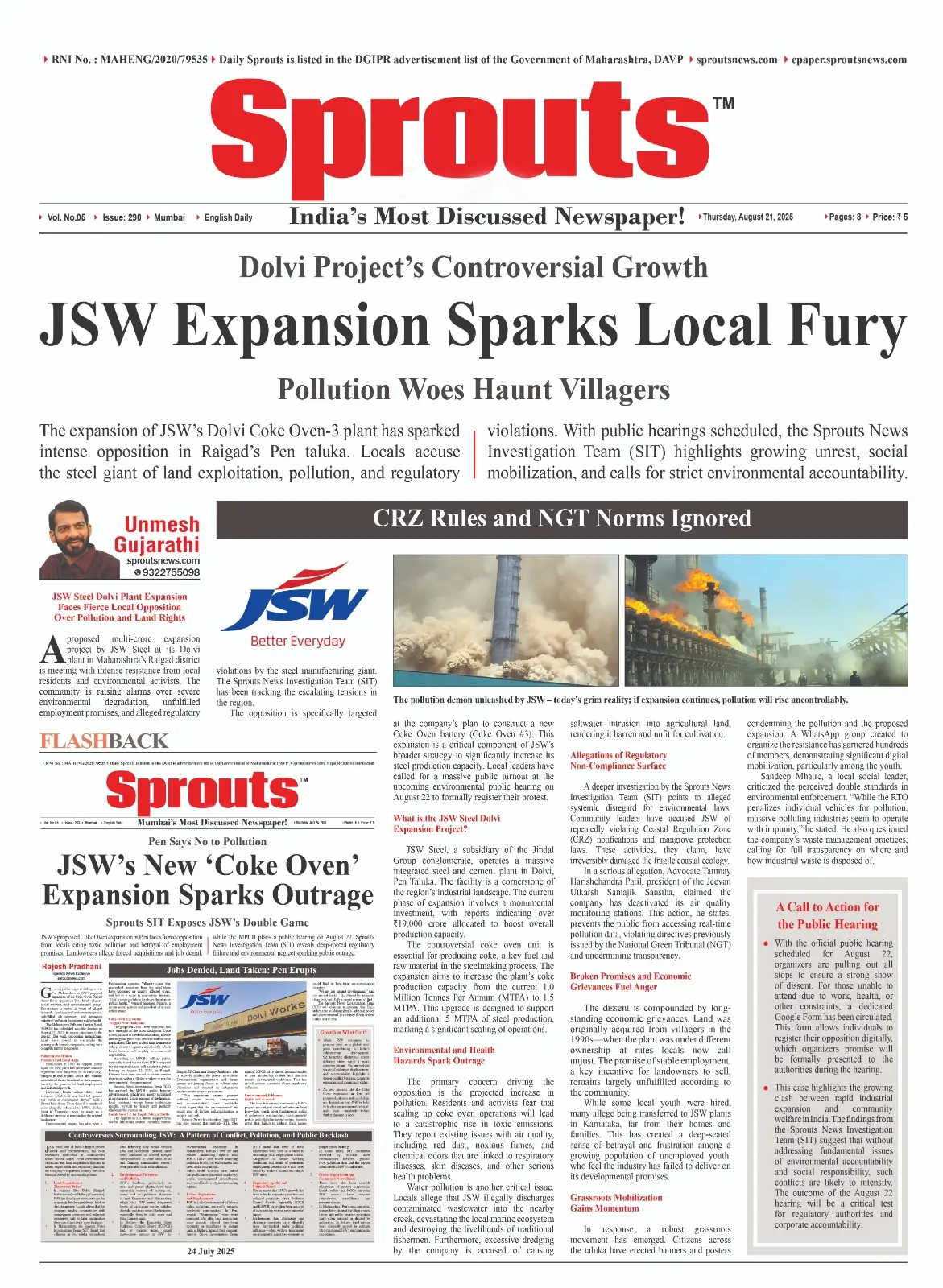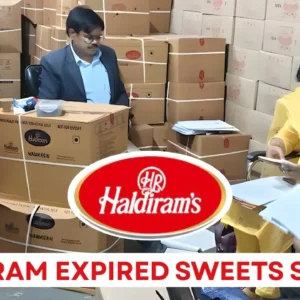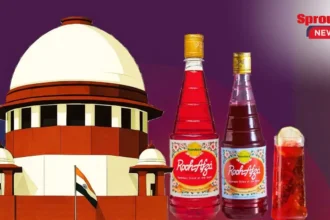JSW Expansion Sparks Local Fury
• Dolvi Project’s Controversial Growth
• Pollution Woes Haunt Villagers
• CRZ Rules and NGT Norms Ignored
Unmesh Gujarathi
Sprouts News Exclusive
Contact: +91 9322755098
- JSW Expansion Sparks Local Fury
- • Dolvi Project’s Controversial Growth
- • Pollution Woes Haunt Villagers
- • CRZ Rules and NGT Norms Ignored
- JSW Steel Dolvi Plant Expansion Faces Fierce Local Opposition Over Pollution and Land Rights
- What is the JSW Steel Dolvi Expansion Project?
- Environmental and Health Hazards Spark Outrage
- Allegations of Regulatory Non-Compliance Surface
- Broken Promises and Economic Grievances Fuel Anger
- Grassroots Mobilization Gains Momentum
- A Call to Action for the Public Hearing
The expansion of JSW’s Dolvi Coke Oven-3 plant has sparked intense opposition in Raigad’s Pen taluka. Locals accuse the steel giant of land exploitation, pollution, and regulatory violations. With public hearings scheduled, the Sprouts News Investigation Team (SIT) highlights growing unrest, social mobilization, and calls for strict environmental accountability.
Click Here To Download the News Attachment
JSW Steel Dolvi Plant Expansion Faces Fierce Local Opposition Over Pollution and Land Rights
A proposed multi-crore expansion project by JSW Steel at its Dolvi plant in Maharashtra’s Raigad district is meeting with intense resistance from local residents and environmental activists. The community is raising alarms over severe environmental degradation, unfulfilled employment promises, and alleged regulatory violations by the steel manufacturing giant. The Sprouts News Investigation Team (SIT) has been tracking the escalating tensions in the region.
The opposition is specifically targeted at the company’s plan to construct a new Coke Oven battery (Coke Oven #3). This expansion is a critical component of JSW’s broader strategy to significantly increase its steel production capacity. Local leaders have called for a massive public turnout at the upcoming environmental public hearing on August 22 to formally register their protest.
What is the JSW Steel Dolvi Expansion Project?
JSW Steel, a subsidiary of the Jindal Group conglomerate, operates a massive integrated steel and cement plant in Dolvi, Pen Taluka. The facility is a cornerstone of the region’s industrial landscape. The current phase of expansion involves a monumental investment, with reports indicating over ₹19,000 crore allocated to boost overall production capacity.
The controversial coke oven unit is essential for producing coke, a key fuel and raw material in the steelmaking process. The expansion aims to increase the plant’s coke production capacity from the current 1.0 Million Tonnes Per Annum (MTPA) to 1.5 MTPA. This upgrade is designed to support an additional 5 MTPA of steel production, marking a significant scaling of operations.
Environmental and Health Hazards Spark Outrage
The primary concern driving the opposition is the projected increase in pollution. Residents and activists fear that scaling up coke oven operations will lead to a catastrophic rise in toxic emissions. They report existing issues with air quality, including red dust, noxious fumes, and chemical odors that are linked to respiratory illnesses, skin diseases, and other serious health problems.
Water pollution is another critical issue. Locals allege that JSW illegally discharges contaminated wastewater into the nearby creek, devastating the local marine ecosystem and destroying the livelihoods of traditional fishermen. Furthermore, excessive dredging by the company is accused of causing saltwater intrusion into agricultural land, rendering it barren and unfit for cultivation.
Allegations of Regulatory Non-Compliance Surface
A deeper investigation by the Sprouts News Investigation Team (SIT) points to alleged systemic disregard for environmental laws. Community leaders have accused JSW of repeatedly violating Coastal Regulation Zone (CRZ) notifications and mangrove protection laws. These activities, they claim, have irreversibly damaged the fragile coastal ecology.
In a serious allegation, Advocate Tanmay Harishchandra Patil, president of the Jeevan Utkarsh Samajik Sanstha, claimed the company has deactivated its air quality monitoring stations. This action, he states, prevents the public from accessing real-time pollution data, violating directives previously issued by the National Green Tribunal (NGT) and undermining transparency.
Broken Promises and Economic Grievances Fuel Anger
The dissent is compounded by long-standing economic grievances. Land was originally acquired from villagers in the 1990s—when the plant was under different ownership—at rates locals now call unjust. The promise of stable employment, a key incentive for landowners to sell, remains largely unfulfilled according to the community.
While some local youth were hired, many allege being transferred to JSW plants in Karnataka, far from their homes and families. This has created a deep-seated sense of betrayal and frustration among a growing population of unemployed youth, who feel the industry has failed to deliver on its developmental promises.
Also Read: DY Patil Medical College Pune Linked to ₹200 Cr MBBS Scam.
Related Article: JSW’s Coke Oven Expansion in Pen Triggers Fierce Local Outcry.
Related Article: JSW’s Claim Over Crores‑Worth Alibag Mangrove Land Overturned.
Related Article: JSW Booked for Mangrove Destruction as First FIR Filed After RTI Exposé.
Grassroots Mobilization Gains Momentum
In response, a robust grassroots movement has emerged. Citizens across the taluka have erected banners and posters condemning the pollution and the proposed expansion. A WhatsApp group created to organize the resistance has garnered hundreds of members, demonstrating significant digital mobilization, particularly among the youth.
Sandeep Mhatre, a local social leader, criticized the perceived double standards in environmental enforcement. “While the RTO penalizes individual vehicles for pollution, massive polluting industries seem to operate with impunity,” he stated. He also questioned the company’s waste management practices, calling for full transparency on where and how industrial waste is disposed of.
A Call to Action for the Public Hearing
With the official public hearing scheduled for August 22, organizers are pulling out all stops to ensure a strong show of dissent. For those unable to attend due to work, health, or other constraints, a dedicated Google Form has been circulated. This form allows individuals to register their opposition digitally, which organizers promise will be formally presented to the authorities during the hearing.
This case highlights the growing clash between rapid industrial expansion and community welfare in India. The findings from the Sprouts News Investigation Team (SIT) suggest that without addressing fundamental issues of environmental accountability and social responsibility, such conflicts are likely to intensify. The outcome of the August 22 hearing will be a critical test for regulatory authorities and corporate accountability.



















